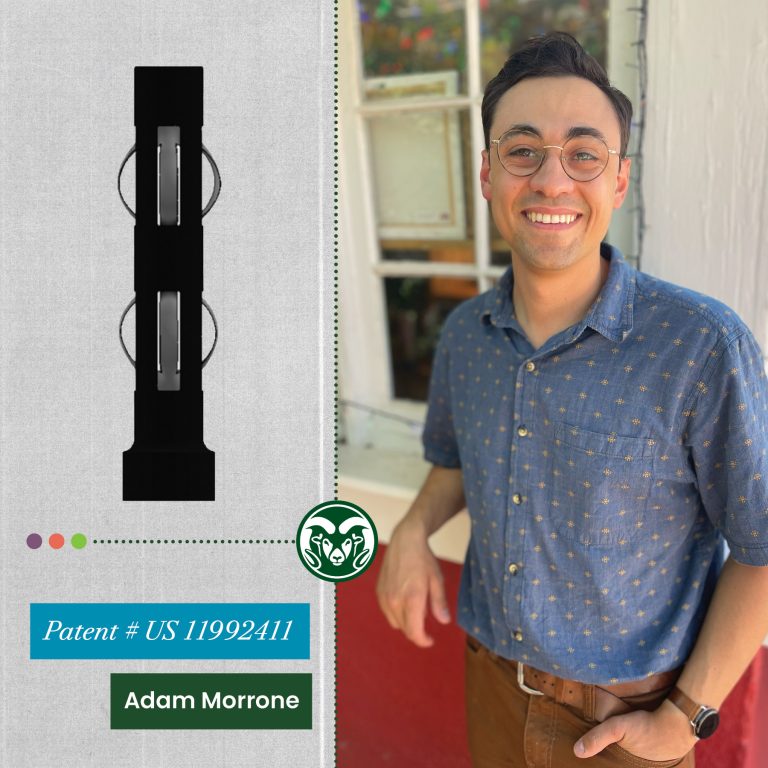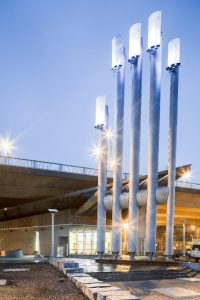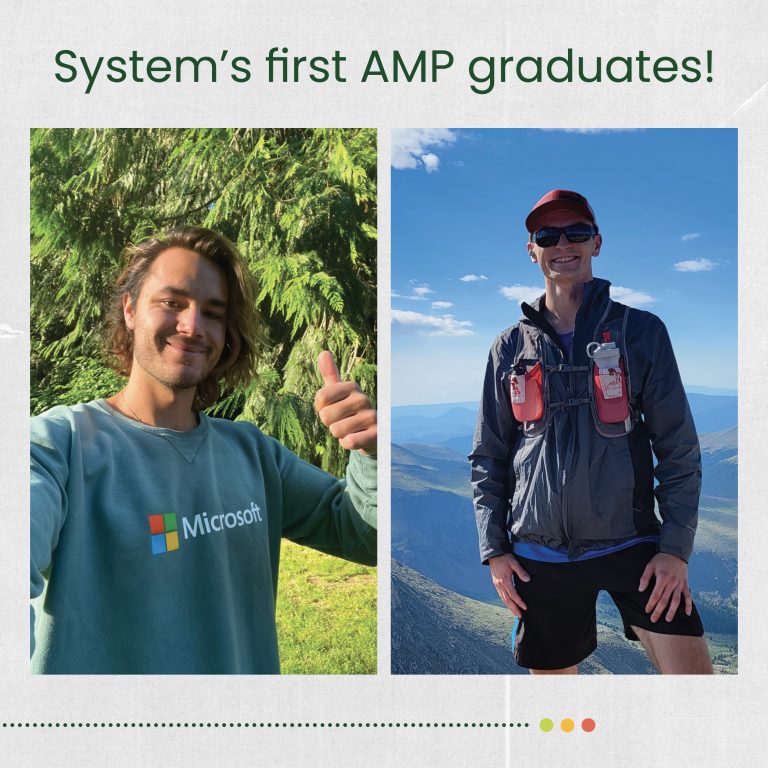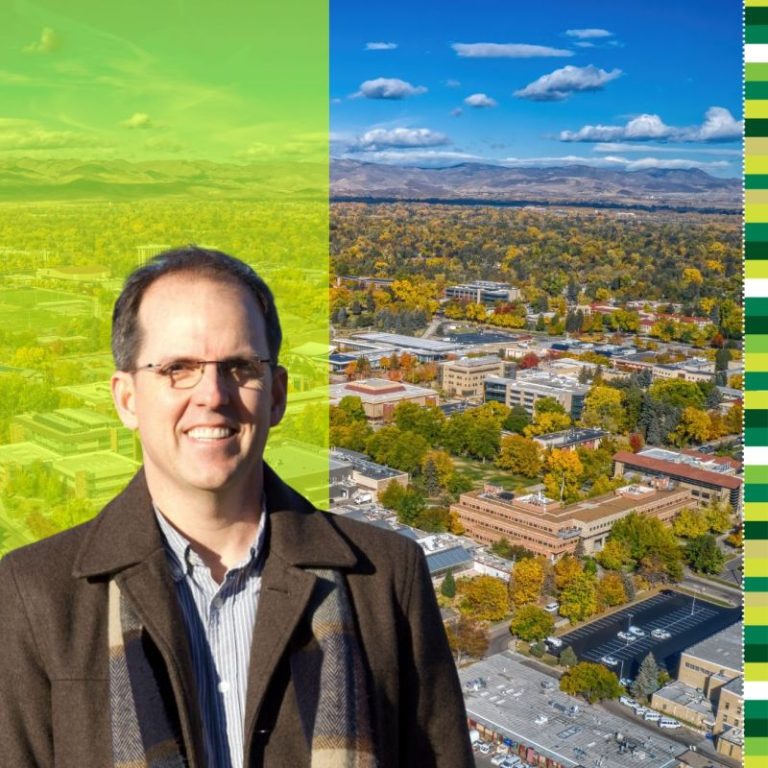
Steve Conrad facilitates water systems workshops bringing science to policy
- By: Katharyn Peterman

Last fall, Steve Conrad, associate professor in systems engineering, collaborated with the Water Research Foundation to facilitate three virtual workshops with local, state, and national water and energy professionals. These workshops focused on addressing the regulatory barriers facing the implementation of distributed energy resource projects.
Distributed energy resource (DER) projects are small-scale energy generation projects, like solar, wind, hydroelectric or biogas centers, used to provide energy to a facility or neighborhood. DER projects can also provide alternative energy or supplement the traditional power and gas system in cities.
The idea for these workshops originated from the need to address the regulatory, economic, and technical environment that poses a significant barrier to renewable energy implementation in the water and wastewater sector, and the need for support for policies addressing DER and renewable energy.
Workshop participants took part in team-based activities with the objective of connecting science to policy.
“Water, energy, and food systems are strongly intertwined,” Conrad said. “The sustainability and resiliency of one system cannot be achieved without close consideration of how decisions impact all three systems.”
Participants came from utility companies, universities, federal agencies, city governments, and national laboratories.
Workshop outcomes reinforced the fact that the water sector could potentially generate far more energy than it uses.
Additionally, the workshop highlighted the need to closely integrate water and energy systems by recommending the establishment of a Water-Energy Industry sector taskforce to drive integration and coordination. This task force will further investigate recommended policies on the circular economy policies and requiring water/energy coordination on renewable energy projects and programs.
A final outcomes report will be published by the Water Research Foundation in late February.
“Water systems have a place in the renewable energy future,” Conrad said. “We don’t often think of water systems as key resource systems, but when we look at the potential energy and the overall resource content of these ‘existing’ water, systems the potential is significant.”
Funding for the workshops was provided by the Water Research Foundation and co-supported by the InTERFEWS graduate program and Walter Scott, Jr. College of Engineering at Colorado State University.



